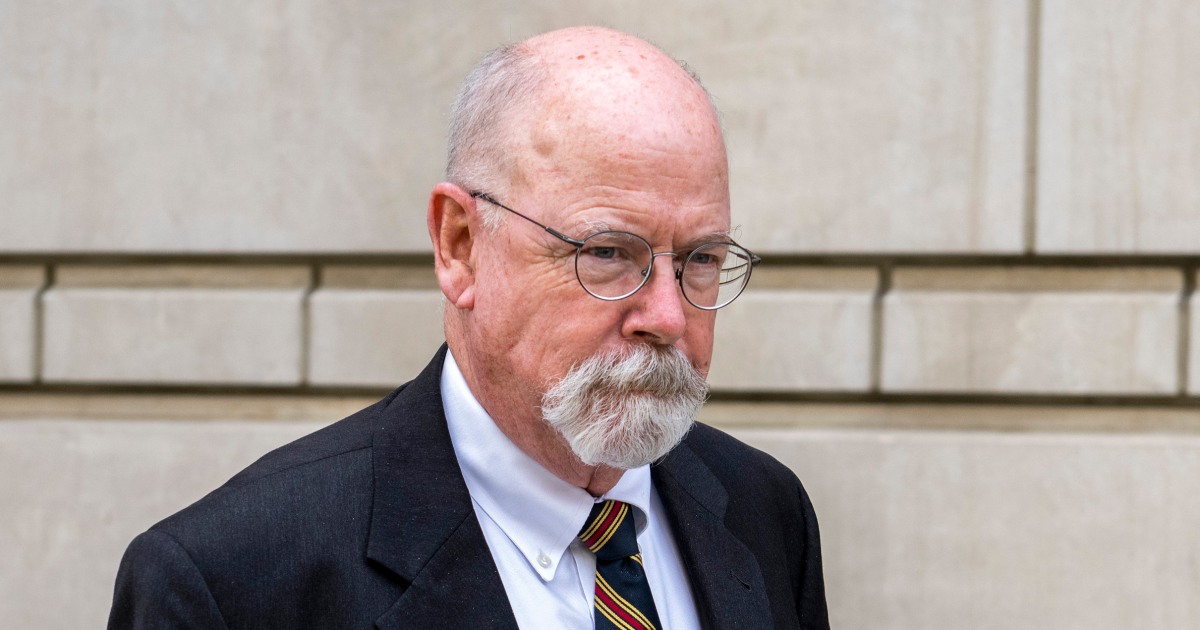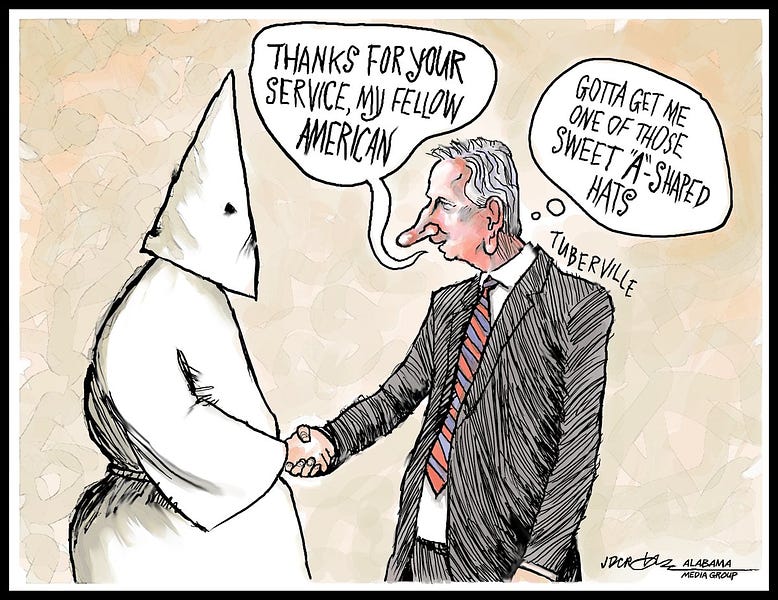The word “blessed,” defined as being “endowed with divine favor and protection,” has no place coming out of the mouths of military base gate guards as they admit service members, civilian employees, and visitors onto their base. But recently at Joint Base Andrews, well-known as the home of Air Force One, several gate guards — armed, uniformed airmen — have adopted “Have a blessed day” as their salutation to personnel passing through the gate — wishing base personnel “divine favor and protection” whether they want it or not. And many absolutely do NOT want it, fifteen of whom, eight of them Christians, have come to the
Military Religious Freedom Foundation (MRFF) to get this religious greeting committee to knock it off.
The greeting “Have a blessed day” is commonplace in the South. It is also distinctly Christian. People of no other religion use it. In fact, it is seen by many, like the poster who wrote the following on
Democratic Underground, as code for “I’m a Christian.”
What Does It Mean When Someone Says To Me "Have A Blessed Day"??
… For some reason, that phrase strikes me as being a bit pretentious. I feel like it's not a sincere wish that my day be "blessed", but instead it is a way of signaling to me that they are a Christian.
Are they testing me? I wonder if this phrase is something like a secret-handshake. I also wonder what the "correct" response would be from someone who wanted to signal-back that they too were a Christian.
Are they just assuming that I'm a Christian? If they knew I was an atheist, would they STILL want me to have a blessed day?
Would this be considered "flaunting" their Christianity? I suppose that saying "have-a-blessed-day" (4 words) gets the point across much more succinctly than "have-a-nice-day-and-by-the-way-I'm-a-Christian-are-you-one-too-and-if-you're-not-I'm-a-better-person-than-you" (25 words).
Responding to the above post, another poster wrote:
I don't know about everywhere
But in eastern KY saying "Have a blessed day" IS, in fact, some creepy Christian code. Seriously.
There are posts on websites such as
askamanager.org, which fields questions about workplace issues, answering questions like:
Is it appropriate to end your professional voice mail greeting with the phrase “Have a blessed day”? I find it jarring to encounter in the context of work as a non-Christian.
To which the answer was:
I find it mildly jarring too (also as a non-Christian), although it’s a really, really common thing to say/hear in the south … so common that a lot of people would be surprised to hear that anyone takes issue with it (which is a problem and reflects the privilege of the dominant faith to not even be aware that some of its words and trappings aren’t secular).
Outside of work, it’s easier to simply take the phrase as a general expression of well wishes. At work though, the bar is higher; people should keep religious statements — even mild ones — out of work communications (including their outgoing voicemail messages). You’re going to have an uphill battle arguing that among most of its adherents though.
MRFF has fought this “uphill battle” before, in 2015, after receiving complaints from Robins Air Force Base in Georgia, where the gate guards had also adopted the “Have a blessed day” greeting. While
initially being successful in getting the base to instruct its gate guards not to use the phrase, that decision was unfortunately later reversed by the Air Force, leaving the gate guards free to use their I’m-a-Christian code phrase.
While it’s understandable that this is an uphill battle in the civilian world, it should absolutely not be an uphill battle in the military, where regulations such as Air Force Instruction 1-1, section 2.12 of which clearly states (emphasis added):
“Leaders at all levels must balance constitutional protections for their own free exercise of religion, including individual expressions of religious beliefs, and the constitutional prohibition against governmental establishment of religion. They must ensure their words and actions cannot reasonably be construed to be officially endorsing or disapproving of, or extending preferential treatment for any faith, belief, or absence of belief.”
It was also decided by the U.S. Supreme Court in
Parker v. Levy that members of the military do not have the same unrestricted right to freedom of speech as those in the civilian world. From the majority opinion, authored by ultra-conservative Justice William Rehnquist (emphasis added):
“This Court has long recognized that the military is, by necessity, a specialized society separate from civilian society... While the members of the military are not excluded from the protection granted by the First Amendment, the different character of the military community and of the military mission requires a different application of those protections. The fundamental necessity for obedience, and the consequent necessity for imposition of discipline, may render permissible within the military that which would be constitutionally impermissible outside it ... Speech that is protected in the civil population may nonetheless undermine the effectiveness of response to command. If it does, it is constitutionally unprotected.” 417 U.S.733 (1974)
It should be a no-brainer that gate guards at a U.S. military base can’t greet people by essentially saying, “I’m a Christian. Are you?”
And yet MRFF is now fighting the battle against this religious greeting, described around the web as “jarring” and “creepy” by non-Christians, at the high-profile Joint Base Andrews, with MRFF founder and president Mikey Weinstein writing the following to Vice Wing Commander of the 316th Wing at Joint Base Andrews-Naval Air Facility Washington, Colonel Parkin C. Bryson:
The word “blessed,” defined as being “endowed with divine favor and protection,” has no place coming out of the mouths of military base gate guards as they admit service members, civilian employees, and visitors onto their base. But recently at Joint...

www.dailykos.com





/cloudfront-us-east-2.images.arcpublishing.com/reuters/I2ZMUTNDXJMQ5EIDBLNFMPPKEQ.jpg)



